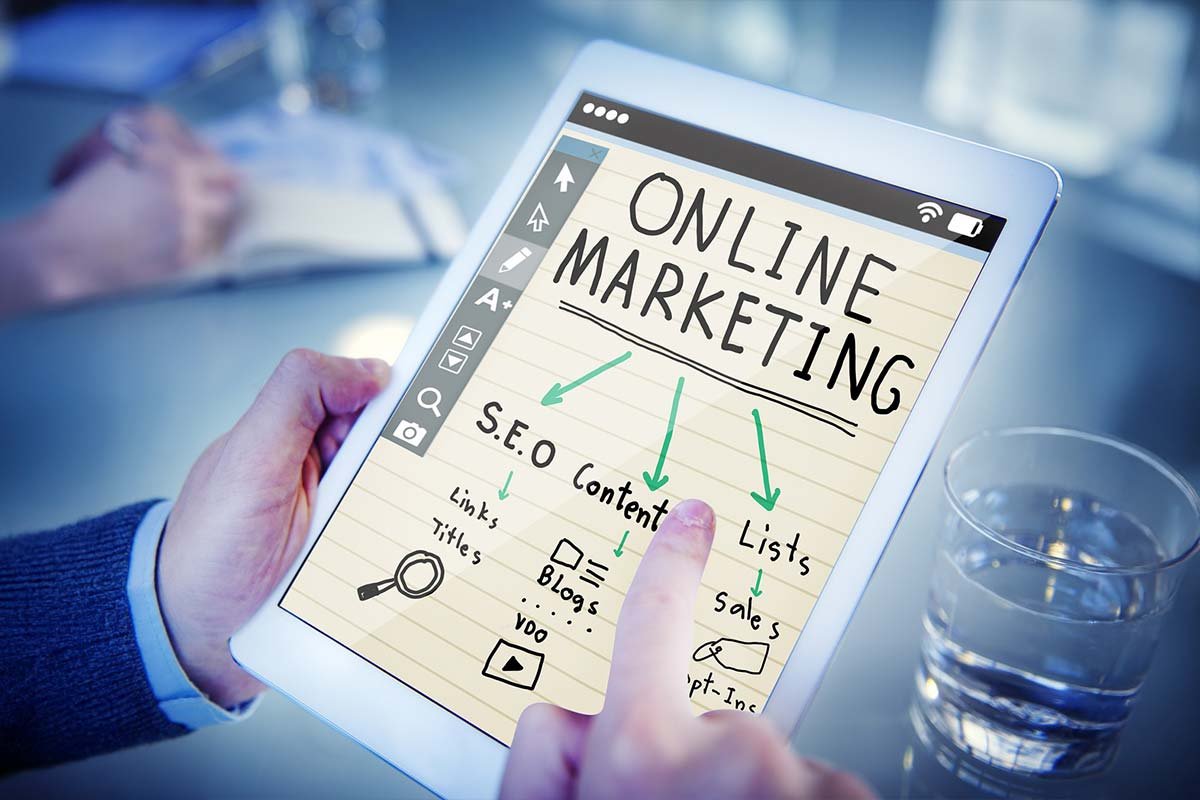Paid Ads vs. SEO is a common debate in the digital marketing world. While both have their advantages and disadvantages, the best approach depends on your business goals, budget, and target audience. Paid ads can deliver quicker results and targeted advertising, but require a significant budget to maintain. SEO provides long-term benefits, builds brand credibility, and requires ongoing optimization and content marketing efforts. Ultimately, a balanced approach to both paid ads and SEO can result in a comprehensive digital marketing strategy that drives sustained growth and ROI for your business.
Here are 10 suggestions on Paid Ads vs. SEO, which is Better:
- Paid ads can deliver quicker results compared to SEO, as they immediately place your business at the top of search engine results pages (SERPs).
- SEO can provide long-term benefits, as it focuses on organic traffic and ranking for relevant keywords, resulting in more sustainable and cost-effective leads over time.
- Paid ads can be expensive, especially for competitive keywords, and require a significant budget to maintain a consistent presence on SERPs.
- SEO requires ongoing optimization and maintenance, but once you have established your authority and presence, it can drive consistent traffic to your website without additional costs.
- Paid ads allow for more targeted advertising, as you can specify your target audience based on demographics, interests, and behaviors.
- SEO can help build brand credibility and reputation, as high organic rankings signal to consumers that your business is a trusted and authoritative source in your industry.
- Paid ads are more visible on SERPs, which can lead to higher click-through rates (CTRs) and more immediate conversions.
- SEO requires a more comprehensive approach to content marketing, including creating valuable and informative content that is optimized for search engines and resonates with your target audience.
- Paid ads can be a good option for short-term campaigns or promotions, as they allow for quick and targeted exposure to your desired audience.
- SEO requires a longer-term commitment, as it can take time to see results and requires ongoing optimization and maintenance to maintain rankings.
In summary, both paid ads and SEO have their pros and cons, and the best approach depends on your business goals, budget, and target audience. Paid ads can deliver quicker results and targeted advertising, but require a significant budget to maintain. SEO provides long-term benefits, builds brand credibility, and requires ongoing optimization and content marketing efforts. A balanced approach to both paid ads and SEO can result in a comprehensive digital marketing strategy that drives sustained growth and ROI for your business.






4 replies on “Paid Ads vs. SEO: Which is Better?”
While paid ads can provide quicker results and more targeted advertising, SEO should not be overlooked as it can provide long-term benefits and a strong foundation for your online presence. By optimizing your website and creating valuable content, you can improve your organic rankings and drive sustained traffic and leads to your business.
The best approach to paid ads vs. SEO is to have a balanced strategy that leverages the strengths of both channels. This can result in a comprehensive digital marketing strategy that drives sustained growth and ROI for your business.
Paid ads and SEO are both important components of a comprehensive digital marketing strategy, but they serve different purposes. Paid ads can help businesses get immediate exposure and drive traffic to their website, while SEO focuses on building brand credibility and long-term organic traffic.
While both paid ads and SEO have their strengths and weaknesses, it ultimately comes down to your business goals and budget. Paid ads can be more effective for short-term campaigns or promotions, while SEO can provide long-term benefits and a more sustainable approach to driving traffic and leads.